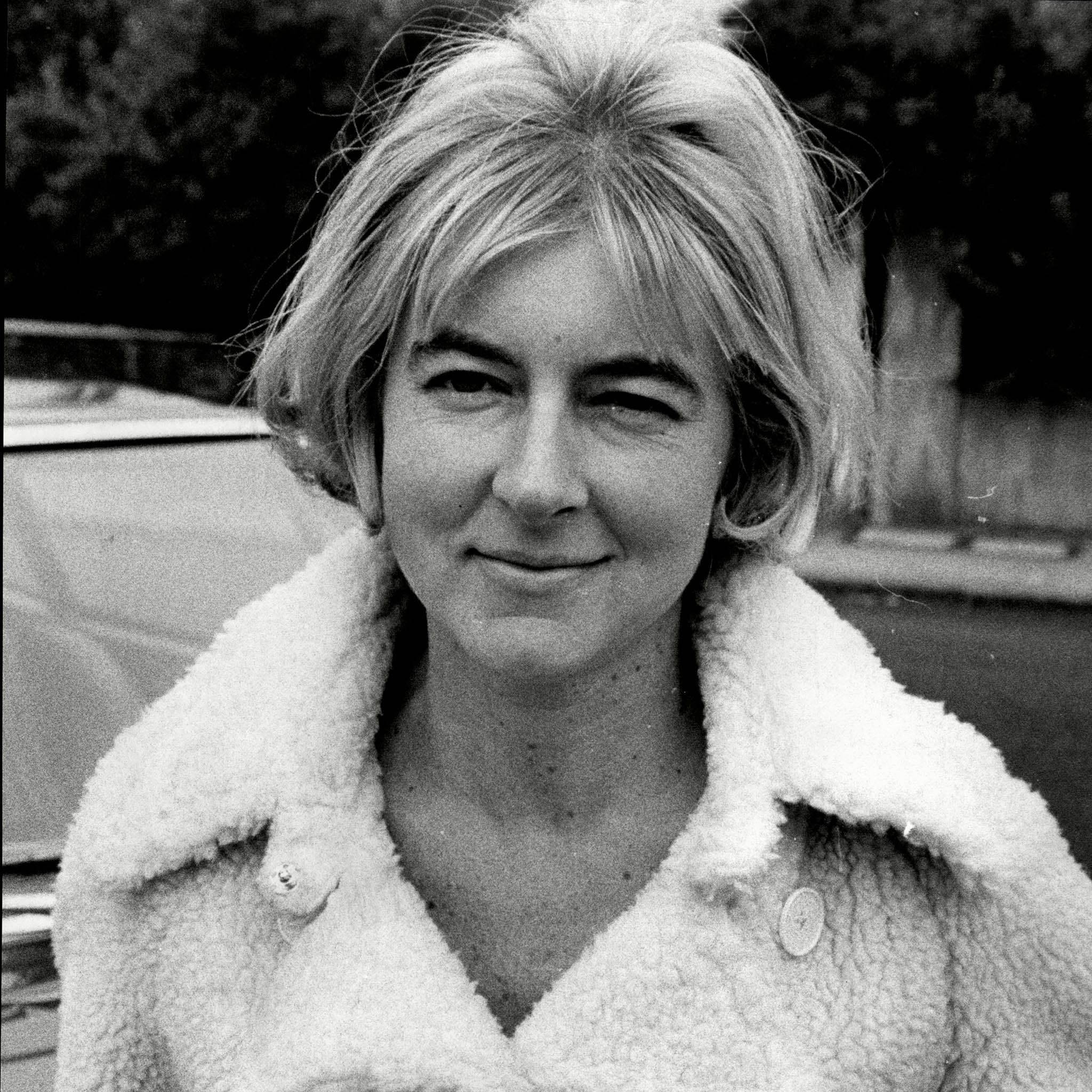Bedouin of the London Evening by Rosemary Tonk, book review: Mystery of the vanishing poet is finally resolved
As Astley reveals in his introduction, many life blows ground Tonks down, and an involvement in evangelical Christianity led her to reject poetry, especially her own, as Satanic

Your support helps us to tell the story
From reproductive rights to climate change to Big Tech, The Independent is on the ground when the story is developing. Whether it's investigating the financials of Elon Musk's pro-Trump PAC or producing our latest documentary, 'The A Word', which shines a light on the American women fighting for reproductive rights, we know how important it is to parse out the facts from the messaging.
At such a critical moment in US history, we need reporters on the ground. Your donation allows us to keep sending journalists to speak to both sides of the story.
The Independent is trusted by Americans across the entire political spectrum. And unlike many other quality news outlets, we choose not to lock Americans out of our reporting and analysis with paywalls. We believe quality journalism should be available to everyone, paid for by those who can afford it.
Your support makes all the difference.In the 1960s and early 1970s, Rosemary Tonks was as plugged into the London literary scene as anybody could be.
Based in Hampstead, she was rated by Larkin, who included two of her poems in The Oxford Book of Twentieth Century Verse. She was on good terms with key poetic figures, reviewed regularly and went on radio. She wrote six novels and two collections of poetry; Neil Astley, the editor of this volume, calls them “epoch-defining”. And then, like her hero, Rimbaud, she turned her back on poetry and disappeared.
Astley is to be commended for tracking down this elusive figure and solving the mystery which has tantalised poets and critics ever since. The decades of silence ended with her death this year, aged 85; at last, the writing she suppressed can be read again. This volume comprises the two collections, Notes on Cafés and Bedrooms (1963) and Iliad of Broken Sentences (1967), with some “Selected Prose”, which is scanty but revealing.
Tonks was born in Gillingham in 1928, making her the same age as Anne Sexton, and four years older than Sylvia Plath. Her poems have a youthful relish of seediness and sadness; their settings are hotel rooms and cafés, in cities that seem always to be fog-bound; the mood is one of ennui shot through with lightning-bolts of fierce emotion. The props are often domestic but her cabbages, suitcases and dressing-gowns take on a weird glow.
Her exuberance – she loves exclamation marks – is undercut by a profound alienation that is touched on in the revealing interview also included in this volume. “I wish I had somebody in mind [when writing poems], but I feel extremely alone, I may say.” The poems can be read as self-dramatising or slyly funny – or both: “On the way to a restaurant, my youth was lost … I have been young too long, and in a dressing-gown / My private modern life has gone to waste.” (From the title poem.)
“Story of a Hotel Room” is well known, with its wonderful last lines warning her generation that sex can rarely be casual: “To make love as well as that is ruinous /… – If the act is clean, authentic, sumptuous, / The concurring deep love of the heart / Follows the naked work, profoundly moved by it.”
It’s poignant to think her first collection came out in the year Plath died, and it’s hard not to dream up connections. Like Plath’s The Colossus, many of the poems in Tonks’s first collection, though technically adept, are somewhat mannered, occasionally giving the impression of clever writing exercises. But an intriguing poetic personality is lurking in there, and like Plath, Tonks made an extraordinary jump with her second collection, arriving at a confident and utterly distinctive voice. Like Ariel, Iliad seems to open new doors in poetry; like Ariel, the new beginning was also an abrupt end.
As Astley reveals in his introduction, many life blows ground Tonks down, and an involvement in evangelical Christianity led her to reject poetry, especially her own, as Satanic. It’s an astonishingly sad story.
Join our commenting forum
Join thought-provoking conversations, follow other Independent readers and see their replies
Comments